All Eskridge Addiction Treatment Centers
-
Eskridge Care and Rehabilitation Center
505 North Main Street
Eskridge, Kansas 66423Treatment Programs
- Dual Diagnosis
- Adult Program
- Senior Rehab
- +4
Insurance
- Medicaid
- Private insurance
- +4
-
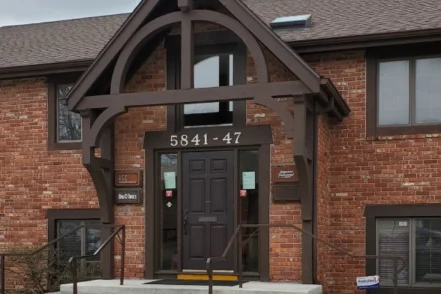
Stone Street Professional Offices
5847 SW 29th Street
Topeka, Kansas 66614Treatment Programs
- Drug Rehab
-
Stonestreet Professional Offices
5847 Southwest 29th Street
Topeka, Kansas 66614Treatment Programs
- Alcohol Rehab
- Drug Rehab
- Dual Diagnosis
- +2
-
Four Winds Family Recovery
2445 Sw Wanamaker Street, Suite 107
Topeka, Kansas 66614Treatment Programs
- Alcohol Rehab
- Dual Diagnosis
- Opioid Addiction
- +7
Insurance
- Private insurance
- Self-pay options
- +2
-
Advance Rehabilitation Topeka
6001 Southwest 6th Avenue, Suite 230
Topeka, Kansas 66615Treatment Programs
- Drug Rehab
-
New Dawn Wellness and Recovery Center
4015 Sw 21St Street
Topeka, Kansas 66604Treatment Programs
- Alcohol Rehab
- Dual Diagnosis
- Opioid Addiction
- +4
Insurance
- Medicaid
- Private insurance
- +4
-

ColmeryONeil VA Medical Center
2200 Southwest Gage Boulevard
Topeka, Kansas 66622Treatment Programs
- Alcohol Rehab
- Dual Diagnosis
- Opioid Addiction
- +7
Insurance
- Medicaid
- Private insurance
- +5
-
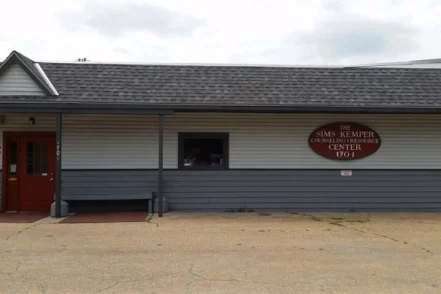
Sims Kemper Clinical Counseling and Recovery Services
1701 SW Medford Avenue
Topeka, Kansas 66604Treatment Programs
- Alcohol Rehab
- Dual Diagnosis
- Opioid Addiction
- +6
Insurance
- Medicaid
- Private insurance
- +2
-
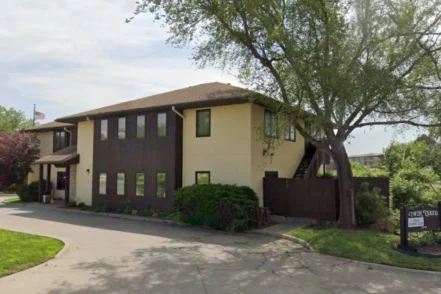
Topeka Treatment Center
3360 Sw Harrison Street
Topeka, Kansas 66611Treatment Programs
- Alcohol Rehab
- Dual Diagnosis
- Opioid Addiction
- +7
Insurance
- Self-pay options
-
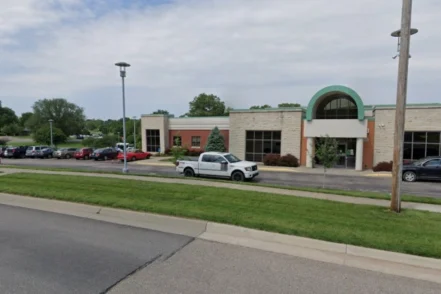
Family Service and Guidance Center Topeka
325 Sw Frazier Avenue
Topeka, Kansas 66606Treatment Programs
- Dual Diagnosis
- Young Adult Rehab
Insurance
- Medicaid
- Private insurance
- +4
-
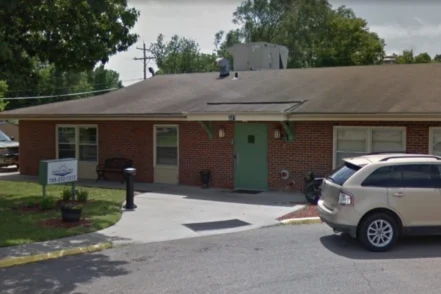
Brighton Place West
331 Sw Oakley Avenue
Topeka, Kansas 66606Treatment Programs
- Dual Diagnosis
- Adult Program
- Senior Rehab
Insurance
- Medicaid
- Self-pay options
-
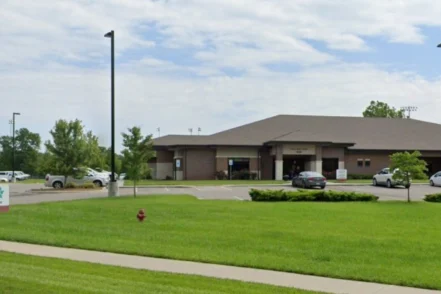
Valeo Behavioral Health Care Topeka
400 Southwest Oakley Avenue
Topeka, Kansas 66606Treatment Programs
- Dual Diagnosis
- Drug Rehab
- Adult Program
Insurance
- Medicaid
- Medicare
- +1
-
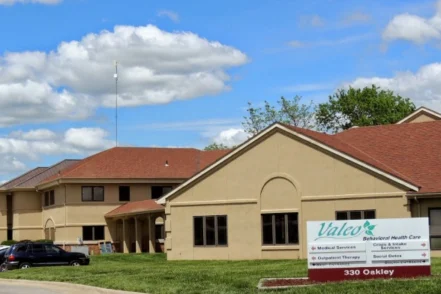
Valeo Recovery Center VRC
330 Sw Oakley Street
Topeka, Kansas 66606Treatment Programs
- Alcohol Rehab
- Dual Diagnosis
- Opioid Addiction
- +6
Insurance
- Medicaid
- Private insurance
- +3
-
Valeo Behavioral Health Care Integrated Dual Diagnosis Treatment IDDT
2401 SW 6th Street
Topeka, Kansas 66606Treatment Programs
- Alcohol Rehab
- Dual Diagnosis
- Opioid Addiction
- +4
Insurance
- Self-pay options
- Private insurance
- +1
-
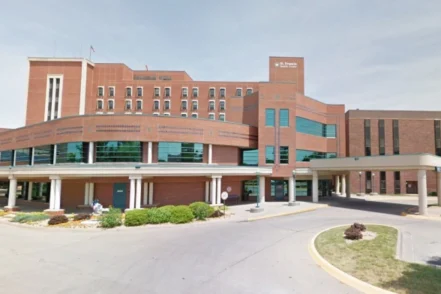
New Vision The University of Kansas Health System
1700 SW Seventh Street
Topeka, Kansas 66606Treatment Programs
- Drug Rehab
Other Nearby Cities
Top Drug Rehab Centers in Kansas
-
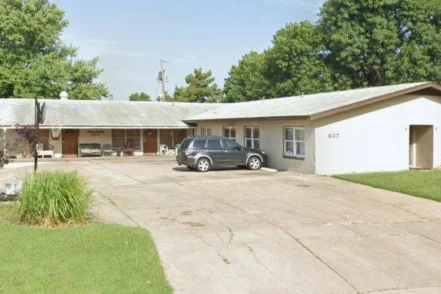 Kansas
KansasAtishwin Institute
937 South Bluffview Street Wichita, Kansas 67218
Treatment Programs
- Alcohol Rehab
- Opioid Addiction
- Drug Rehab
- +3
-
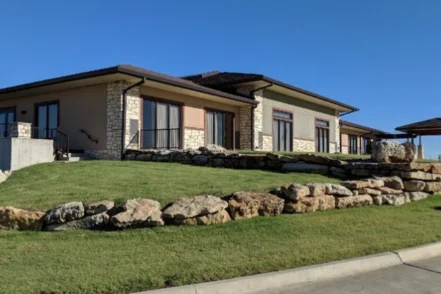 Kansas
KansasBel Aire Recovery Center
4969 N Tierra Lakes Pkwy Greenwich, Kansas 67226
Treatment Programs
- Alcohol Rehab
- Dual Diagnosis
- Drug Rehab
- +4
-
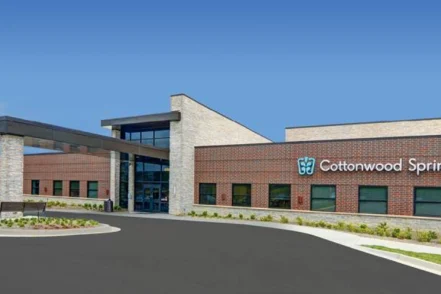 Kansas
KansasCottonwood Springs
13351 S. Arapaho Drive Olathe, Kansas 66062
Treatment Programs
- Alcohol Rehab
- Dual Diagnosis
- Opioid Addiction
- +4
-
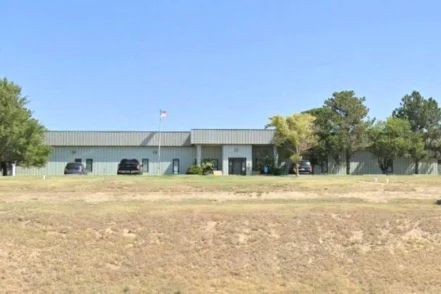 Kansas
KansasNew Chance Dodge City
2500 East Wyatt Earp Boulevard Dodge City, Kansas 67801
Treatment Programs
- Alcohol Rehab
- Opioid Addiction
- Drug Rehab
- +4
-
 Kansas
KansasFull Circle Education and Counseling
11605 South Burch Street Olathe, Kansas 66061
Treatment Programs
- Alcohol Rehab
- Dual Diagnosis
- Opioid Addiction
- +7
-
 Kansas
KansasValley Hope of Atchison
1816 North 2nd Street Atchison, Kansas 66002
Treatment Programs
- Drug Rehab
- Dual Diagnosis
- +-1
-
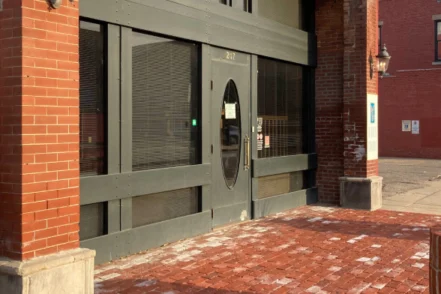 Kansas
KansasHigher Ground Wichita
247 North Market Street Wichita, Kansas 67202
Treatment Programs
- Alcohol Rehab
- Dual Diagnosis
- Opioid Addiction
- +4
-
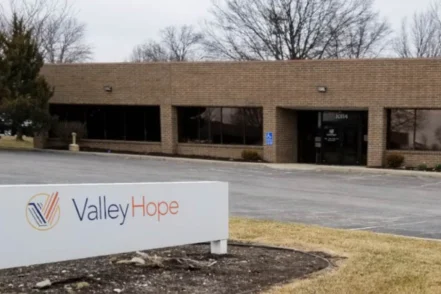 Kansas
KansasValley Hope of Overland Park
10114 West 105th Street, Suite 100 Overland Park, Kansas 66212
Treatment Programs
- Alcohol Rehab
- Opioid Addiction
- Drug Rehab
- +4
-
 Kansas
KansasMirror Kansas City
6723 State Avenue Kansas City, Kansas 66102
Treatment Programs
- Alcohol Rehab
- Opioid Addiction
- Drug Rehab
- +4
-
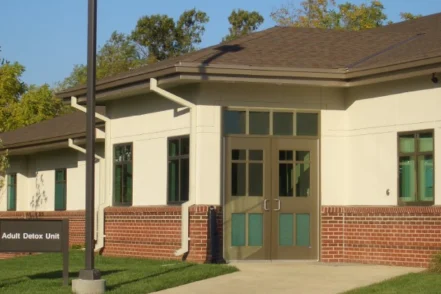 Kansas
KansasJohnson County Mental Health Center Adult Detox
11120 West 65Th Street Shawnee, Kansas 66203
Treatment Programs
- Alcohol Rehab
- Opioid Addiction
- Drug Rehab
- +4
